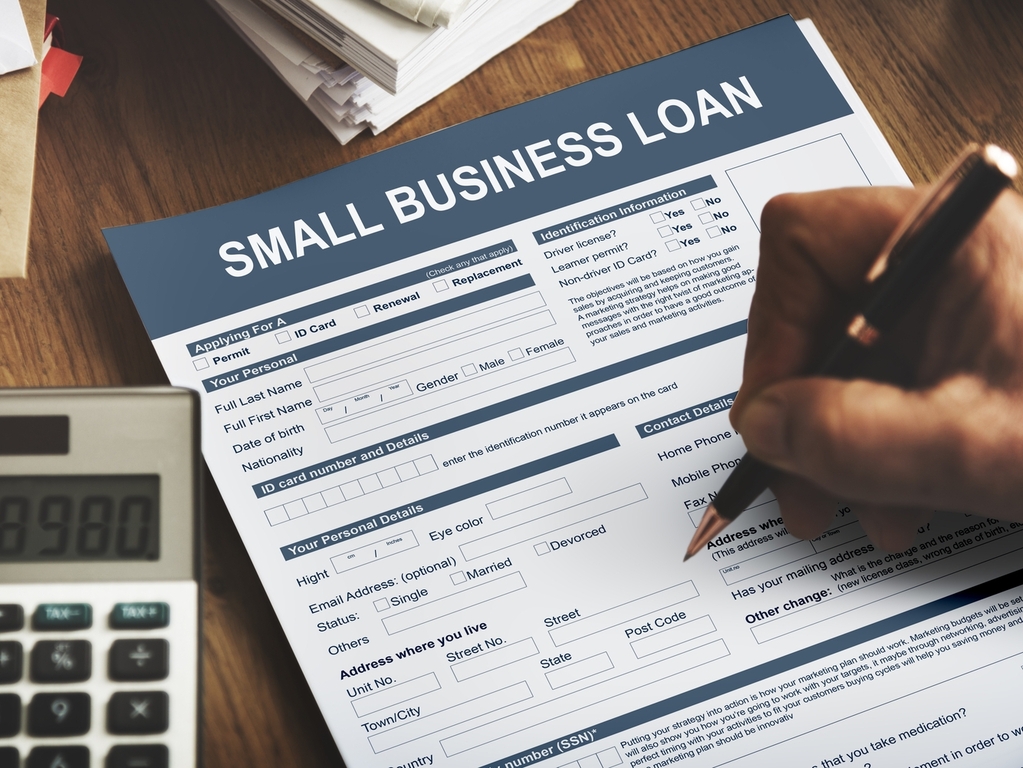If you’re a business owner, taking out a business loan can be an attractive option when you need funds to cover payroll, inventory, or other expenses. Plus, financing through a bank can help improve cash flow or provide the capital you need to grow your business. Review these requirements that most lenders want to see before making a funding decision.
Business and Personal Credit Scores
After submitting a loan application, the lender will examine both your personal and business credit scores to understand if repayment is likely. A bad personal credit score may hurt your chances of getting a business loan, but a good personal credit score may improve your chances and get you approved for a lower-interest rate.
Annual Revenue and Profit
Lenders want to be assured your business is doing well financially, so they will want to see detailed financial statements. A lender may want your business’ bank statements or income tax returns, or both. If you are unable to connect to your lender’s bank analysis system, you can upload your income tax returns and bank statements manually.
Duration of Operation
When you apply for a loan, the length of time you’ve been in business with your current employer is one factor. While banks often ask for at least two years of employment, online lenders typically require a minimum of six months.
Debt-To-Income Ratio
Some lenders use your debt-to-income ratio to decide whether they will give you a loan. Your debt-to-income ratio compares your monthly debt with your gross income. To qualify for a loan, you want your DTI ratio to be 43% or less. Lenders may have specific minimums, but it’s best to keep your DTI ratio low.
Debt-Service Coverage Ratio
One of the ratios lenders may consider is the debt-service coverage ratio (DSCR). This measure compares your business’s annual net operating income with its total annual debt payments. Annual net operating income is another term for earnings before interest, taxes, deductions, and amortization (EBITDA).
Collateral
You can choose between applying for an unsecured or secured loan. If you apply for a secured business loan, the lender will require you to offer collateral—such as accounts receivable or real estate—that it can take if you fail to repay the loan.
The collateral requirements on your business loan vary depending on what you plan to use the money for. For example, if you’ve got a loan to purchase business equipment such as a commercial printer, the printer itself would serve as collateral in that scenario.

